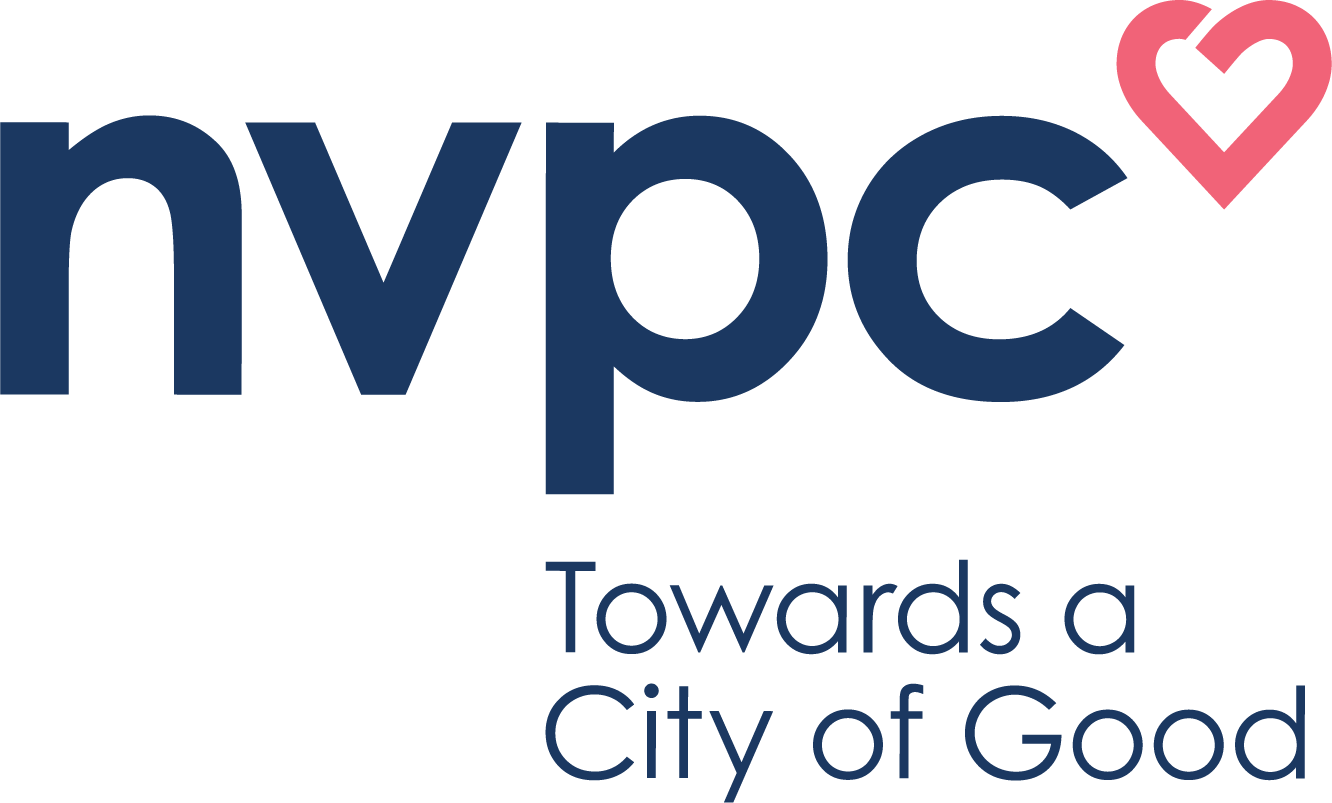Volunteer Engagement for Groundups

Are you a new groundup founder? After identifying the needs on the ground, working out the details of your proposal, gathering essential resources, and narrowing down the beneficiary group, you’re finally ready to start your groundup! It’s now time to invite volunteers to join in. However, you realise that you do not know where to start!
Or perhaps you have embarked on your groundup journey for a while now, and you realise your relationships with your volunteers are weakening as they share that their work and life commitments are getting in the way.
We are here to help! Before we get into the nitty gritty details, let's start off with an insightful quote, “Free choice is the coin of the realm. Donors give because they choose to do so. Volunteers work of their own volition” - Peter Frumkin.
With reference to the quote, what distinguishes the nonprofit sector from other sectors, is arguably, its altruistic nature. By embracing a voluntary culture, nonprofit organisations do not oblige people to work within the sector. Essentially, volunteers make up the backbone of the nonprofit sector, and they serve causes out of their free will.
In view of this, volunteer management is challenging as there is a need to manage the non-obligatory/ contractual relationship of volunteering, with the goal to deliver results and get things done.
While there are many other guides on the best practices of volunteer engagement, one simple concept that has really helped us is this - Your volunteers are people with emotions and interests. Investing in their happiness and engagement will lead to greater sustainability and success of your groundup! Here are some ideas:
1. See your volunteers as people, and not merely as manpower
A first step could be as simple as welcoming your new volunteers, for example, by arranging a groundup orientation. I’m certain many of us have been previous participants of such activities, with our first taste, perhaps in secondary school. In many organisations, it is a norm for the HR department to help integrate new employees with fun-filled orientations on their first day. The second and third days usually encompass sharing of the company mission, organisation structure and culture. This allows new employees to adapt and familiarise themselves. So why not organise orientations for your groundup too? Such orientations can also help volunteers transition into their new roles and make them feel welcomed.
Keep in mind that it is good to align them towards the same goal as what your groundup is aiming to achieve. However, in the process, have a chat with your volunteers about their goals, interests and skills they would like to contribute. This helps to keep them involved, and helps you match them to appropriate opportunities and roles.
Provision of briefings, training or even a buddy will help them prepare. Develop and share a volunteer roadmap to inform them of how their volunteering journey could be, at various stages, and thus effectively manage their expectations. Keeping your volunteers engaged and involved not only helps your groundup achieve its goals, but also ensures that the volunteering journey is fruitful and productive.
In the groundup journey, it is also easy to become busy with serving your beneficiaries, at the expense of sometimes unknowingly neglecting your own volunteers. How do you prevent this and retain your volunteers?
Organise regular check-in sessions with them, say once every two weeks or once a month. Learn about their lives, their passions, difficulties, physical and emotional wellbeing, and share about yours too. Listening and sharing helps build understanding and appreciation of each other, and lets them know that you care.
You can be creative in organising these check-ins. They can happen over a meal or a shared activity, such as a walk. Plan unique ways to engage your volunteers in a group, such as bonding activities and outings, mental health days etc. This is a fantastic way to improve your team’s morale and dynamics as well.
And lastly, set boundaries for your volunteers in terms of their workload and time committed. This would help your volunteers (and yourself) from working beyond “working” hours, thus promoting well-being and preventing burnouts! Setting these boundaries and expectations early, can also minimise potential conflict later on.
2. Let them know they matter – Create a flexible and open culture, where everyone is accorded a voice
Volunteers will always have other commitments in their lives. When you are able to create a flexible and empowering culture, retaining them improves greatly.
You can start off by scoping out their tasks, deliverables and deadlines clearly, and allowing your volunteers to deliver them at their own time. Categorising ad-hoc and regular tasks, as well as breaking tasks down into smaller ones, could not only help match those who can afford more time, it could also attract more volunteers as they see that the load and commitment is more manageable.
Establish a structure, process and provide them with mentors to help with clarity and prevent confusion. Identifying team leaders could help lessen and spread the load of the founder, as well as be available to help guide volunteers.
Host monthly group meetings to keep everyone from different departments up to speed of what’s going on, with a bigger picture in mind. At the same time, creating space for volunteers to speak, share their experiences and make suggestions, gives them autonomy. When they are further given the opportunity to lead and execute their ideas, they are more likely to gain greater fulfillment from volunteering in your groundup, and more likely to step up in time.
Lastly, appreciation is essential in every volunteer engagement model. Let your volunteers know that you appreciate them! They are taking time out of their busy schedules to serve the beneficiaries, so express your gratitude wholeheartedly and sincerely.
These can be conveyed through small tokens of appreciation ranging from gifts and notes, to thanking them publicly on social media (if they’re comfortable with it, of course!). It helps keep a proper documentation of all your volunteers’ efforts.
3. Translate negative feedback into ways on how to improve
At the end of the day, as altruistic your volunteers may seem, they are still human. For different reasons, they may need to stop their volunteering work.
When such a situation presents itself, do not take it to heart or hold them back. Instead, thank them for all they have done and use their departure to improve on your existing volunteer management framework by asking for feedback!
Facilitating succession planning and a proper handover of tangible tasks, can help your volunteers leave with ease and peace of mind, whilst helping your new volunteers take over seamlessly. Giving them a pleasant exit experience could encourage them to return in the future too.
Volunteer engagement and management is an on-going journey. These plans require time and effort to continually refine and implement to cater to volunteers with different preferences. The different phases of the groundup initiative may also require volunteering roles to change and adapt. Regardless, if we respect, believe and empower our volunteers as individuals, they could help own and guide the groundup, and lead it to greater heights.
About the author:
Nicole is currently an undergraduate, and intern at Groundup Central. She longs to see a world where there is no longer any conflict or suffering.
Join our mailing list to get updated on the latest groundup happenings!
National Volunteer & Philanthropy Centre
- 6 Eu Tong Sen St, #04-88 The Central, Singapore 059817
(+65) 6550 9595 - groundups@nvpc.org.sg
Copyright © 2023 Groundup Central. All rights reserved.

